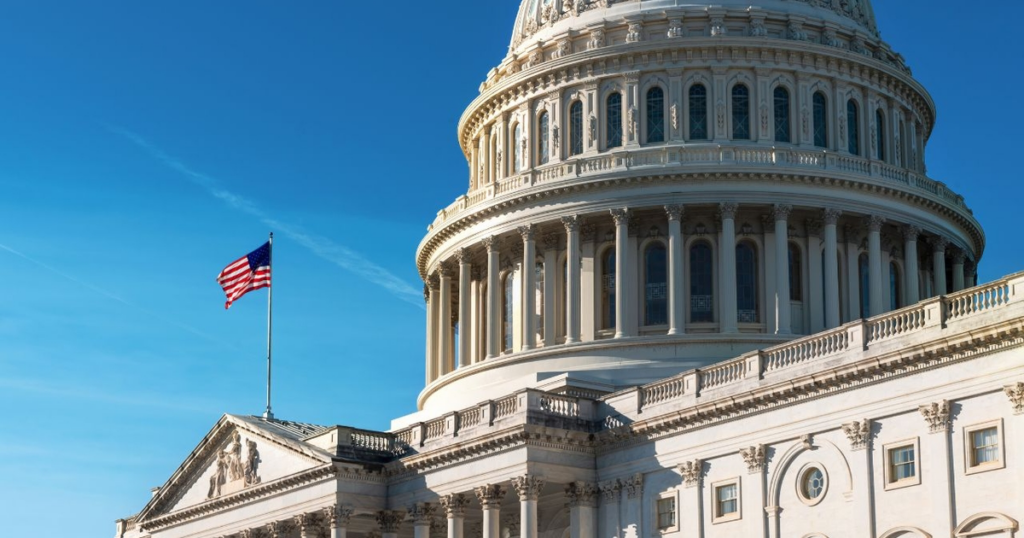Google announced updates to its search algorithms to address the rising threat of AI-generated deepfake content, particularly non-consensual explicit material. The company is responding to increasing concerns from victims, experts, and legal authorities. At the same time, US lawmakers are pushing for new legislation to combat the harmful effects of deepfakes, reflecting a growing awareness of the issue at both the corporate and governmental levels.
What’s Happening & Why This Matters
In response to the alarming spread of deepfake pornography, Google has implemented new measures to better protect individuals targeted by such content. The company consulted with experts and victims to refine its approach, making it easier for those affected to report and remove harmful deepfakes from search results. Google’s enhanced efforts include downranking explicit deepfakes in search results and removing duplicates once the original content is reported and taken down.
Despite these improvements, critics argue that Google’s actions are not enough. While the tech giant is committed to reducing the visibility of harmful content in searches involving specific individuals’ names, it remains hesitant to apply these restrictions to general searches that could lead to deepfake content. This gap in policy has led to concerns that explicit deepfakes can still be easily found by those actively searching for them.
Google’s reluctance to downrank general deepfake-related searches has prompted frustration among victims and advocates. Some deepfake survivors, like Twitch streamer Kaitlyn Siragusa, have voiced concerns about the exhausting process of continuously reporting such content, highlighting the psychological toll it takes. Google has acknowledged these challenges and promises more comprehensive solutions in the coming months, but for now, the problem persists.

On the legislative front, US lawmakers are also taking action. Representative Joseph Morelle has introduced the “Preventing Deepfakes of Intimate Images Act,” a federal bill that would criminalize the creation and distribution of deepfake pornography. This bill has garnered bipartisan support in both the House and Senate, with proponents arguing that a unified national approach is necessary to effectively combat the issue. The bill aims to provide consistent legal recourse for victims across the country, addressing the difficulties posed by a patchwork of state laws.

The push for federal legislation is driven by the experiences of deepfake victims, who often struggle to find justice under current laws. Advocates argue that without stronger legal protections, the trauma inflicted by deepfakes will continue to grow. The proposed legislation seeks to impose both civil and criminal penalties on perpetrators, offering a more robust deterrent against the creation and spread of deepfake content.
TF Summary: What’s Next
Google’s recent updates and the ongoing legislative efforts represent critical steps in the fight against deepfake content. However, the road ahead is challenging, with many advocating for more aggressive action from both tech companies and lawmakers. As deepfake technology continues to evolve, it remains to be seen whether these measures will be sufficient to curb the spread of harmful content and provide relief for victims. For now, the conversation around deepfakes is intensifying, with both corporate and governmental entities under pressure to deliver effective solutions.
— Text-to-Speech (TTS) provided by gspeech


